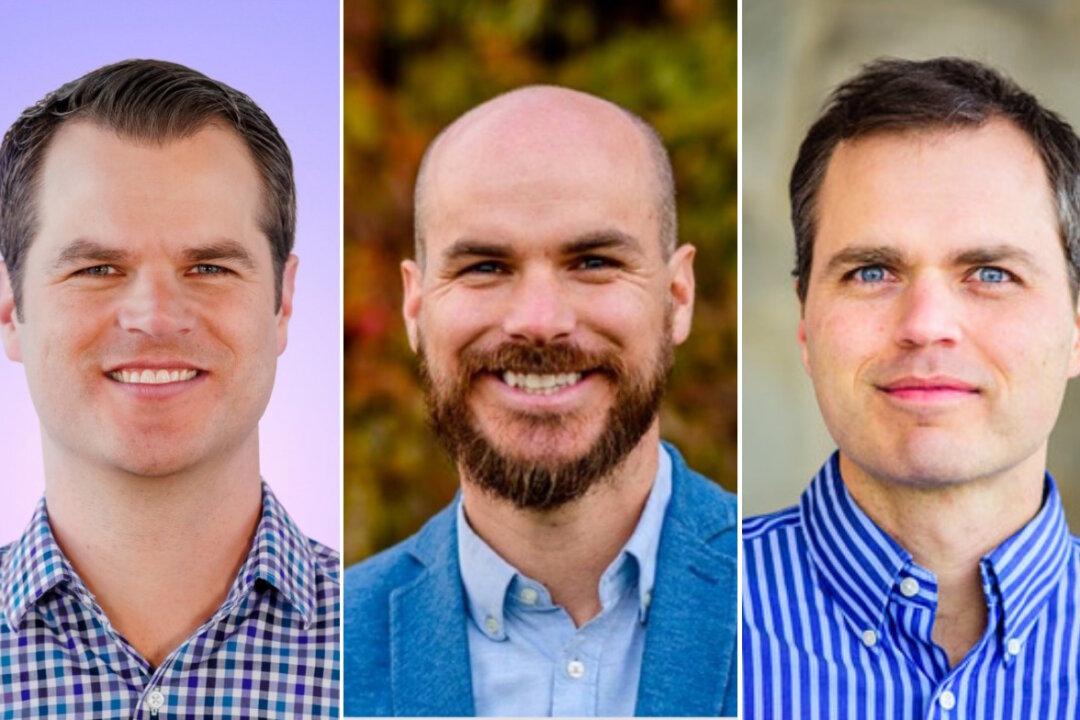For many tech entrepreneurs, a first venture starts with an angel investor and a promising idea. For Neal Harmon, it all began with a cow.
“I saved up money when I was 11 and bought my first cow,” he said.

For many tech entrepreneurs, a first venture starts with an angel investor and a promising idea. For Neal Harmon, it all began with a cow.
“I saved up money when I was 11 and bought my first cow,” he said.